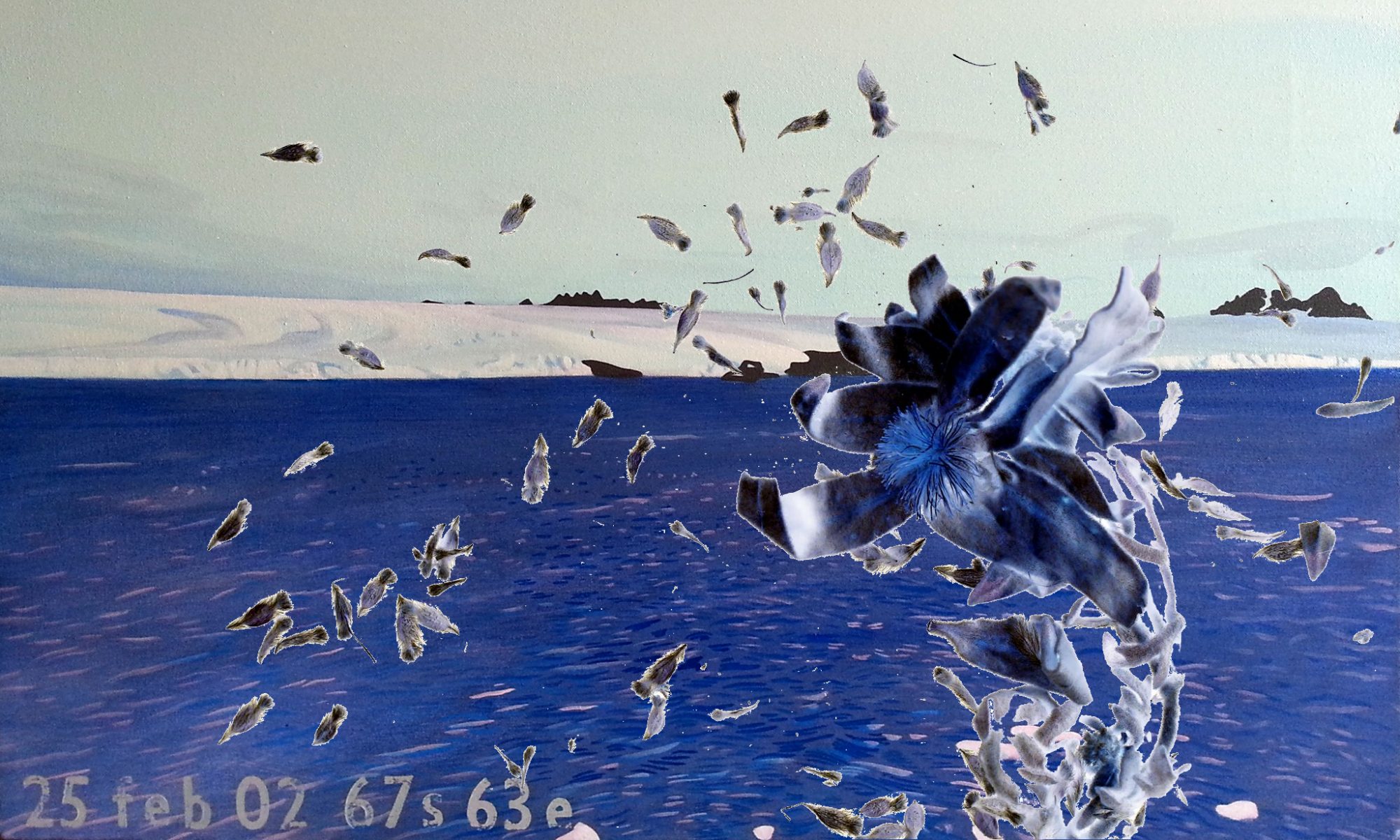The Australian National Antarctic Research Expeditions (ANARE) is an organization of past and present Antarctic expeditioners. All members have worked in various roles to support research in the Antarctic.
A notice came through the New South Wales ANARE branch of the Club of an important event in Hobart.
ANARE members celebrate their contributions to Antarctic research every midwinter, with Midewinter Dinners in capital cities around Australia. Visit the NSW ANARE Club website to learn more.
ANARE is an excellent organization for expeditioners to keep in touch with each other, and with the research to which we have once, or continue to, contribute towards.
This notice is important for KRILL and for all of us:
Phillip Law Lecture given by Dr Denzil Miller
Where: CCAMLR Headquarters, 181 Macquarie Street, Hobart
When: Friday 19 June 2009 at 6:00 pm
Cost: Admission free.
Exploiting the exploitable
Dr Denzil Miller, Executive Secretary of the Commission for the Conservation of Antarctic Marine Living Resources, will present a case for krill, as well as the other living marine resources found in Antarctica
and the Southern Ocean, in his presentation at the Phillip Law Lecture during this year’s Antarctic Midwinter Festival.
In his lecture, Dr Miller will speak about the non-marine resources, along with the marine living resources, that have fueled the current global concern for Antarctica and the Southern Ocean. His presentation looks at the over-exploitation of whales and seals, and more recently the Patagonian Toothfish, and questions whether we have actually learnt from past mistakes.
Dr Miller examines ocean stewardship ethics and Australia’s role in sustainably exploiting Antarctic marine resources today and into the future, specifically krill, and the role of science in the management of these valuable resources.
Dr Miller will take questions after the lecture.
… there are strong environmental linkages between the Antarctic and the rest of the planet. In these terms, it could be argued that the region’s environmental well-being is a global asset which if diminished will profoundly impact Earth’s life-support systems.
Denzil Miller
They dance in the seas in astronomical numbers. Sometimes their population equals twice the weight of all the humans on the planet. Given that the largest animals on earth rely on them for their own survival it is no wonder they live in abundance beneath the oceans.
Krill occur in huge swarms with up to 30,000 individuals in a cubic metre of water and feed some of the largest whales. The shrimp-like crustacean, at the bottom of the ocean’s food chain, was once known mostly among scientists, but it has become more widely known in recent years, and is now being presented as a solution to future shrinking global protein reserves.
But given their importance in the entire marine ecosystem, just how much can these creatures be exploited without having dire affects on those higher up in the food chain?

